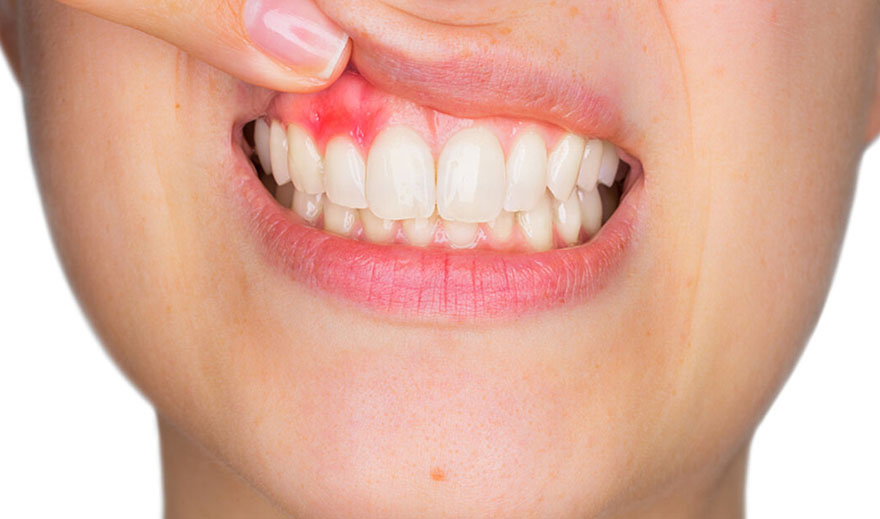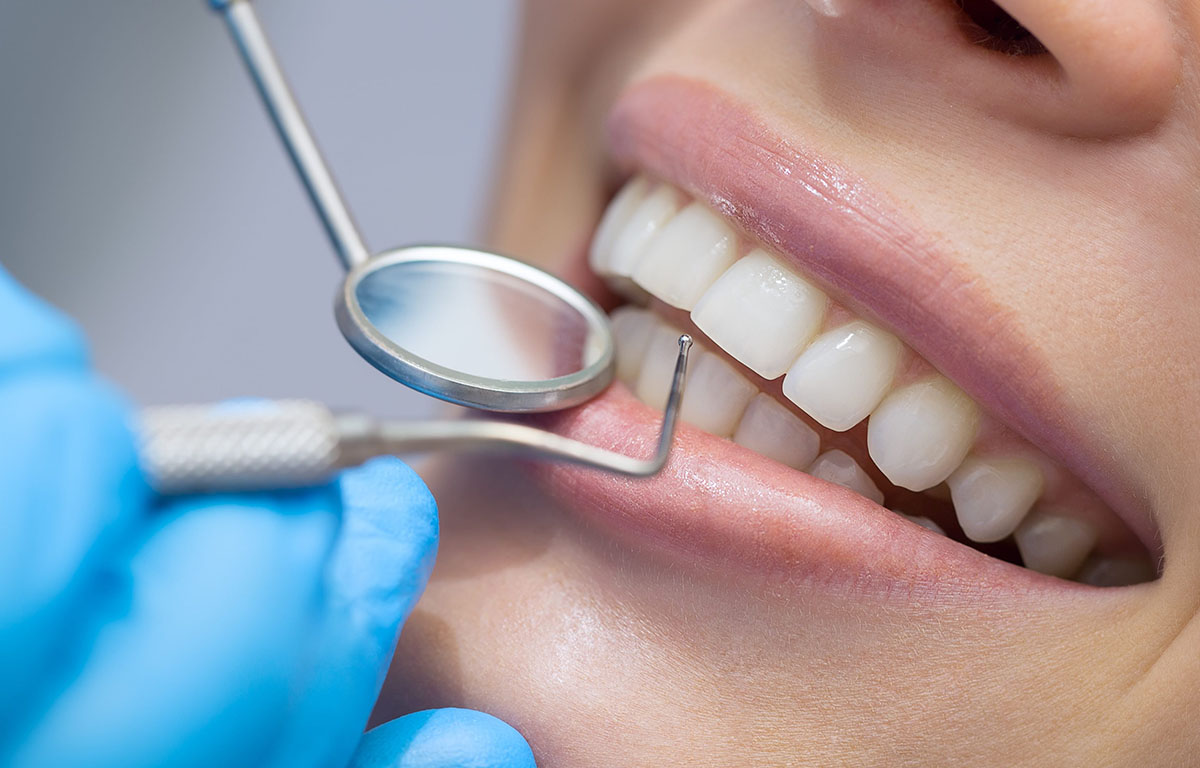
Gum Treatment at Antalya Dental Hospital, Turkey
Gum Treatment: What Are They, Benefits and Cost
Don’t let gum problems ruin your smile.
Our gums say a lot about our oral health. Gums that are red, swollen or bleeding are common telltale signs of gum or periodontal disease.
Many people suffer from gum disease. Prolonged tartar buildup can eventually cause inflammation of the gums (gingivitis). Gingivitis causes swollen gums that bleed easily whilst brushing teeth. Simple treatment, together with changes in oral hygiene habits, will cure and reverse this disease. In susceptible patients, gingivitis may eventually progress to a more serious condition called periodontitis.
Prevent periodontal disease.
Periodontitis causes teeth to gradually lose support and it is the most common cause of tooth loss among adults. People are mostly unaware that they have severe gum disease because it usually progresses without pain.
Your dentist and hygienist can detect early signs of gum disease and help prevent its progression. Patients with periodontitis are often referred to a specialist periodontist or gum specialist.
When gums shrink or pull away, the teeth often look longer as more of the root surfaces of the teeth are exposed. This is called gum recession.
Gum Recession Treatment
Warning Signs of Gum Disease
- Bleeding gums when brushing or flossing
- Red, swollen or tender gums
- Gums that pull away from the teeth
- Teeth that seem to be loose or moving away from one another
- Pus between gums and teeth
- Sores in the mouth
- Persistent bad breath
- Change in the way the teeth fit together when you bite
- Change in the way dentures fit
Enjoy a more natural looking smile with gum contouring.
Safe. Pain-free. Natural looking.
If your teeth appear too short or if your gums rest too low on your teeth, you could be a candidate for a gummy smile treatment.
Gum Contouring
Need more advice?
If you need free and impartial advice about your oral health, contact our Antalya Dental Hospital Helpline by email or call +90 242-999-1227 (local rate call in the Turkey).
Our Antalya Dental Hospital Helpline is completely confidential and has helped almost 20,000+ people. Contact our experts by telephone, email or online enquiry, Monday to Friday, 08:00 - 18:00.
Frequently Asked Questions About Dental Health
FAQs
Our FAQs are the most commonly-asked questions put to our Dental Helpline over the last year. If you have a question for us, you can ask our Dental Helpline by telephone or email. Alternatively, please take a look at our library of oral health information, which contains a wide range of oral health advice in an easy-to-understand Q&A format.
As you age, it becomes even more important to take good care of your teeth and dental health. One common misconception is that losing your teeth is inevitable. This is not true. If cared for properly, your teeth can last a lifetime.
Your mouth changes as you age. The nerves in your teeth can become smaller, making your teeth less sensitive to cavities or other problems. If you don’t get regular dental exams, this in turn can lead to these problems not being diagnosed until it is too late.
If you want to feel good, stay healthy, and look great throughout life, you might be surprised what a difference a healthy mouth makes.
Most people are now aware that smoking is bad for their health. It can cause many different medical problems and, in some cases, fatal diseases. However, many people don’t realise the damage that smoking does to their mouth, gums and teeth.
Smoking can lead to tooth staining, gum disease, tooth loss, and in more severe cases mouth cancer.
People who smoke may find they are more likely to have bad breath than non-smokers. Fresh-breath products such as mouthwashes may help to disguise the problem in the short term, but will not cure it.
Some people prefer to use a power toothbrush. They are especially useful if you have limited movement or find cleaning particularly difficult. These toothbrushes usually have heads which either rotate and oscillate, or pulsate. Some power toothbrushes are meant to be thrown away when the battery runs down, and some are rechargeable. You can buy power toothbrushes from your local pharmacy, retailer or dental team.
Power toothbrushes with rotating and oscillating heads have been proven to be the most effective. Many power toothbrushes have timers built in to help you brush for the correct amount of time.
Your Best Smile Starts Here
Follow along as Antalya Dental Hospital expert dentists share the latest oral health trends that impact you and your family’s overall health. Dentistry and Oral Health Blog is a rich source of information about dentistry, dental care, tips, news and more. Subscribe to our blog, newsroom and social media.







